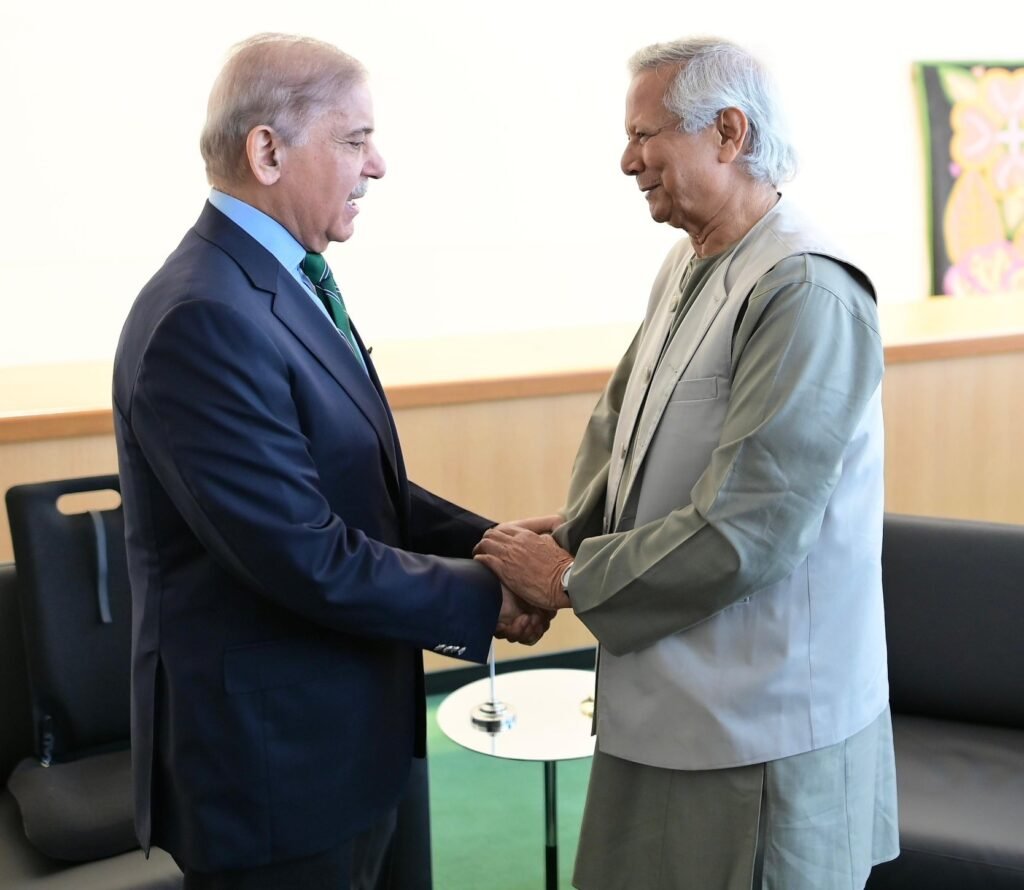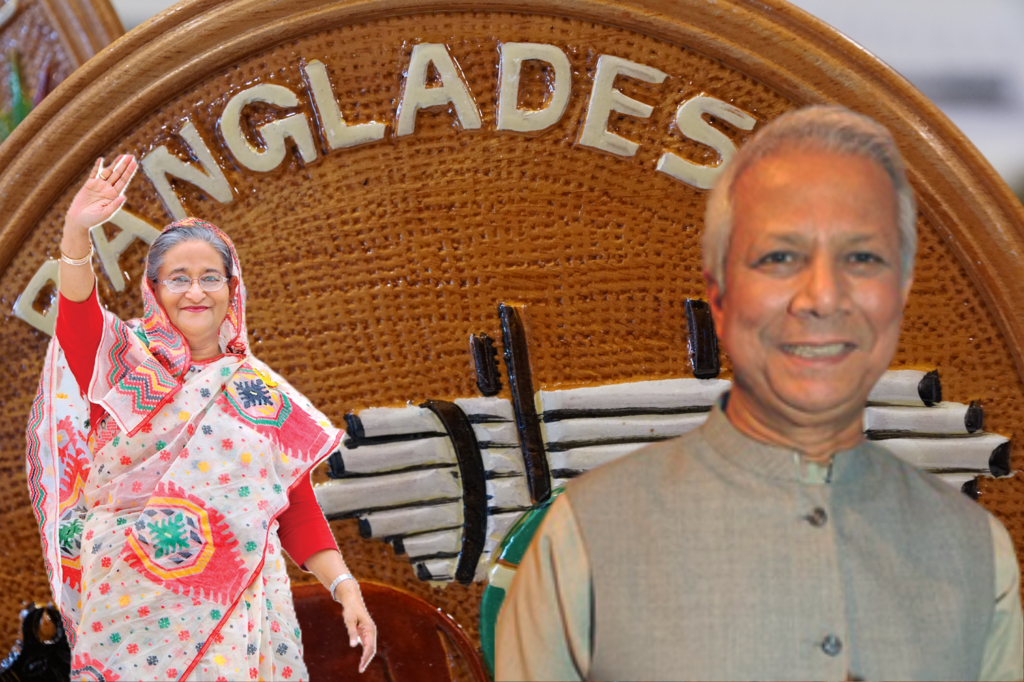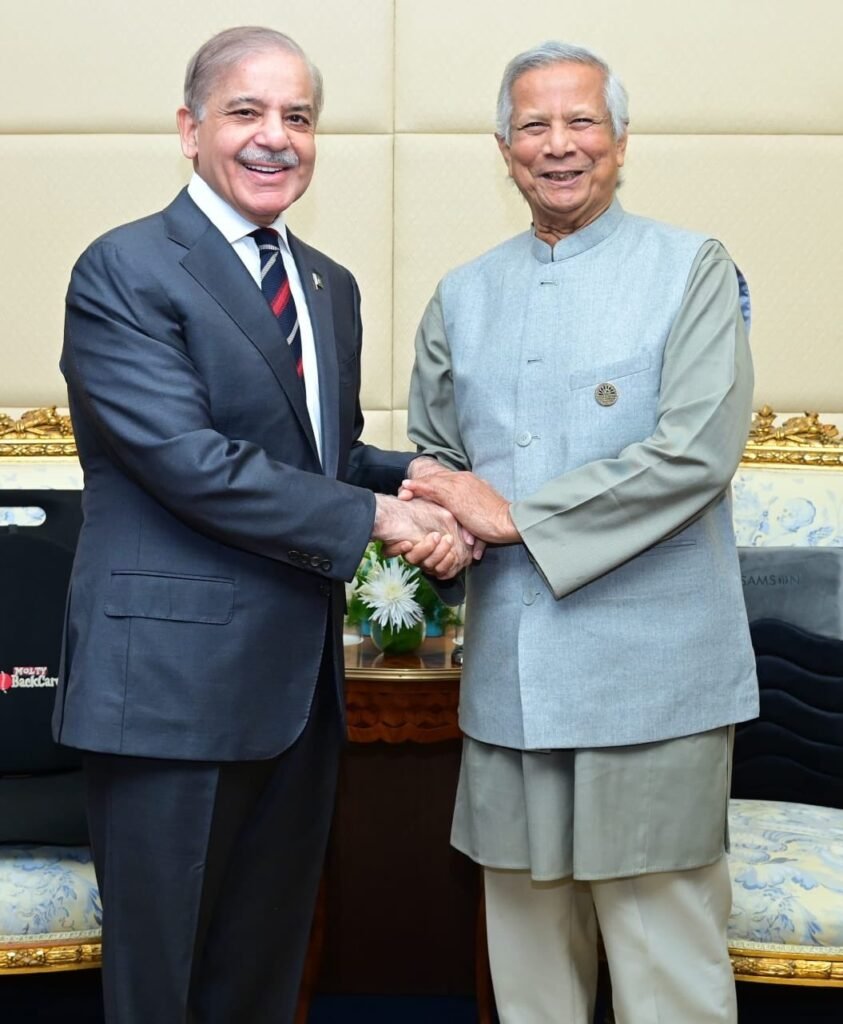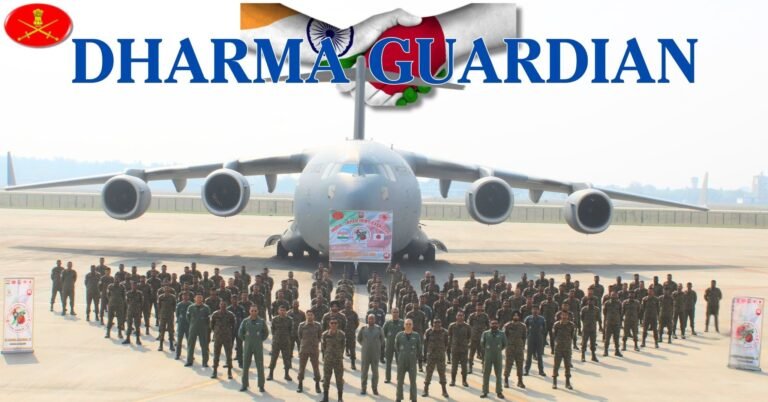
Amar Ekushey- As Bangladesh observes Amar Ekushey today, honoring the martyrs who resisted Pakistan’s linguistic oppression in 1952, the nation must consider the implications of renewing ties with its former oppressor.
Every year on February 21, Bangladesh comes together to honor those who sacrificed their lives for the right to speak their mother tongue. Known as Amar Ekushey, the day stands as a symbol of resistance, identity, and the unwavering determination of the Bengali people to preserve their language, opposing the then-Pakistani government’s attempt to impose Urdu on East Pakistan, now Bangladesh.
Bangladesh pays tribute to the sacrifices of Salam, Barkat, Rafiq, Jabbar, and many others, whose actions in 1952 ignited a prolonged struggle against the Pakistani establishment, ultimately culminating in the War of Liberation in 1971.
Around 3 million Bengali-speaking people lost their lives, and countless others, particularly women, endured immense suffering at the hands of Pakistani forces. The land was soaked in the blood of those who dreamed of freedom.
However, in post-Sheikh Hasina Bangladesh, the spirit of Amar Ekushey carries a sense of irony, as Dhaka, under Chief Adviser Muhammad Yunus, is fostering unprecedented diplomatic ties with Pakistan.
Yunus appears to be taking a different stance on this chapter of Bangladesh’s history, signaling a shift in approach.
Amar Ekushey- The politics of Remembrance
For decades, the history of 1971 has played a defining role in shaping Bangladesh’s national identity and its relationship with Pakistan. Under Sheikh Hasina’s leadership, Bangladesh maintained a distance from Pakistan, largely due to Islamabad’s failure to offer an official apology for the genocide committed during the war.
The demand for acknowledgment of these atrocities has been a cornerstone of Bangladesh’s foreign policy. However, under Yunus’s leadership, this strong call for a formal apology has softened into a more ambiguous appeal for resolving outstanding issues, as he pursues closer ties with Pakistan.

Many in Bangladesh perceive this shift as a betrayal of the sacrifices made by those who fought for the country’s liberation. Numerous Bangladeshi families continue to recount personal experiences of Pakistan’s brutal crackdown during the War of Liberation, which was rooted in Islamabad’s refusal to recognize the rights of the Bengali people.
The struggles of 1952 and 1971 remain deeply ingrained in Bangladesh’s cultural identity.
In September last year, the Dhaka Tribune reported that officials from Bangladesh Betar, the country’s oldest electronic mass media platform, held discussions on potentially reviving its Urdu service.
While no final decision was made, indications suggest that Urdu has been gradually resurfacing since Yunus assumed leadership of the interim government. Notably, for the first time in Bangladesh’s history, the 76th death anniversary of Pakistan’s founder, Muhammad Ali Jinnah, was observed in Dhaka that same month.
The event featured Urdu poetry and songs and was organized by the Nawab Salimullah Academy at the National Press Club, where speakers controversially argued that Bangladesh’s existence was made possible by Jinnah’s creation of Pakistan.
This commemoration took place just a month after the military-backed interim government took control following Hasina’s resignation amid student protests.
While some welcomed the tribute, others saw it as an attempt to rewrite history, particularly given Bangladesh’s violent struggle for independence from Pakistan. Pakistan’s Deputy High Commissioner, Kamran Dhangal, was also present at the event.
Indications of a shifting relationship of Bangladesh– Amar Ekushey
Despite years of hostility, recent developments indicate that Bangladesh and Pakistan are moving toward improved relations. High-level military exchanges, the resumption of direct flights between the two nations, and Bangladesh’s participation in Pakistan’s Aman 2025 naval exercises signal a new phase of diplomatic engagement.

Economic ties are also being reinforced, with both countries aiming to quadruple their annual trade volume. These measures reflect a strategic shift—prioritizing economic and geopolitical interests over historical conflicts.
Bangladesh’s efforts to diversify its foreign policy, reduce reliance on India, and explore new partnerships may be driving this renewed engagement with Pakistan.
However, this shift raises a challenging question: at what cost? Critics argue whether Bangladesh should abandon its demand for an official apology from Pakistan for the atrocities committed against its people.
The deep-seated emotional rift- Amar Ekushey
For many Bangladeshis, the prospect of strengthening ties with Pakistan is both emotionally charged and morally complex. The memories of the 1971 war remain vivid, passed down through generations as a stark reminder of the immense sacrifices made for freedom.
Survivors, families of martyrs, and those who directly witnessed the genocidal atrocities strongly oppose closer relations with Pakistan in the absence of a formal apology.
However, the younger generation, lacking firsthand experience of those events, does not carry the same deep emotional burden or feel the historical wounds as intensely.
A significant contrast also exists in how the two nations have addressed their past. Bangladesh has actively preserved its war history through tribunals and memorials, ensuring that the sacrifices remain etched in national memory.
In contrast, Pakistan has largely refused to acknowledge its role in the genocide. Unlike Germany, which has openly apologized for the Holocaust, Pakistan has neither expressed remorse nor taken responsibility for its actions. Instead, revisionist narratives often diminish the scale of the atrocities, further complicating efforts toward reconciliation.
A conflict between identity and diplomacy– shifting relationship of Bangladesh
Bangladesh finds itself at a critical crossroads. As it forges new diplomatic and economic relationships, it must also grapple with the challenge of determining how much of its history it is willing to set aside in pursuit of a shared future with Pakistan.
The Yunus government appears to be seeking a delicate balance between acknowledging a painful past and fostering future cooperation.
While Bangladesh is expanding its engagement with various global partners beyond Pakistan as it continues to grow economically, any collaboration with Pakistan is likely to stir strong reactions within a society that remains deeply connected to the struggles of 1952 and 1971.
The path forward – Amar Ekushey
Bangladesh deserves recognition for inspiring the global observance of International Mother Language Day on February 21. Within the country, the day serves as a powerful reminder of its struggle for linguistic and national identity. As diplomatic relationships evolve, ongoing discussions focus on how historical events are acknowledged while shaping future ties. February 21 is commemorated with tributes at the Shaheed Minar and the singing of Amar Bhaiyer Rokte Rangano, honoring the past and its continued significance in the present.
You can also read.
Trump triggered tariff on Indian Pharma export
You can follow us on social media platforms.




1 thought on “Amar Ekushey: Yunus sings a heartfelt ballad about Bangladesh’s struggle against Pakistan in 1971.”